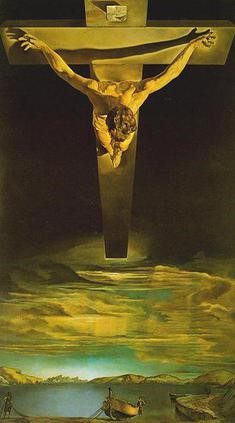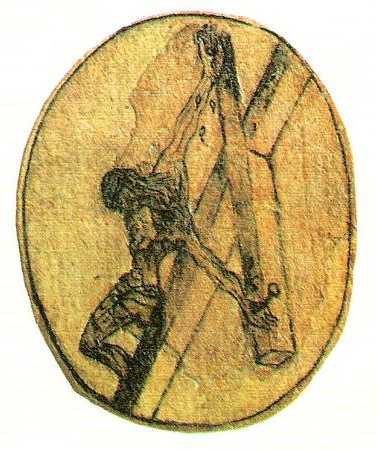Today, Jesus tells us that “the one who comes from heaven is above all.” Jesus is Lord. Jesus is God the Son, the second Person of the Trinity. Fully divine. And fully human.
He has returned to the Father with his Ascension. He is not with us in the same way that he was with the Apostles and other disciples of the first century. He is still with us in our hearts. And he has sent the Holy Spirit to help us in these times.
He has also given us the gift of himself in the Eucharist. The Eucharist is Jesus Christ. The Real Presence. He has not left us alone.
We are so blessed to be a Perpetual Adoration parish. However, it is unfortunate that we cannot come together now to adore Christ in the Eucharist in our chapel. Or to have a public Mass and receive Holy Communion.
But we do not want people to stay away from the Eucharist. Yes, our parishioners cannot receive. But they can come to be in the presence of Jesus Christ. We open the church 10am-4:30pm Monday thru Saturday and 2pm-6pm on Sunday. Jesus is not exposed in the monstrance. He is in the tabernacle. But he is still there. Only a small handful of people are taking advantage of this.
We also have tried to start drive-in Adoration from 8-9pm on Tuesdays and Thursdays at the window of the rectory chapel. I wish that it were a second-story window, but it is not. Vincent works hard to ensure that everyone has an unobstructed view as much as possible. And yes, we must consider what the weather might be. But Jesus is there. “The one from heaven” who “is above all.” There is an extra layer of glass with the rectory window (two extra layers if you count the car windshield). Remember though that there was always at least one layer of glass between us and Jesus in the Adoration chapel with the lunette in the monstrance.
Having Jesus fully present to us behind the glass is much better than an electronic representation of Jesus via the Internet. We livestream this hour of Adoration because we understand that there are some people who just cannot come to the campus for this. But having Jesus physically present is a big deal. Or, at least, it should be a big deal.
There is a temptation to settle into a new normal where our faith and worship is only practiced from our own home. Some are homebound and have no choice. All of us will likely experience that same constraint at some point in our lives. But those that are not homebound now need to fight that temptation. Yes, we are limited. But do not miss out on the opportunities that we do have to encounter our Lord.


